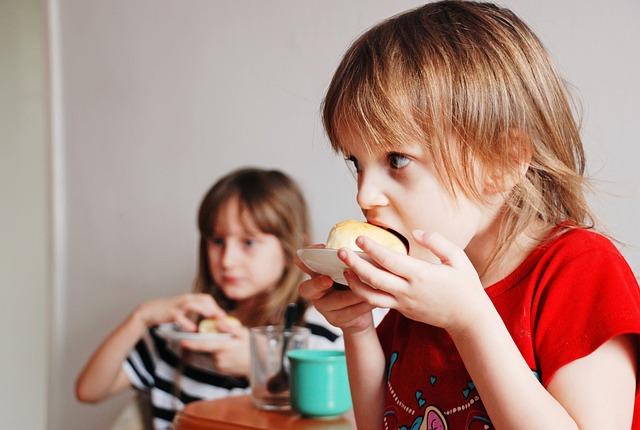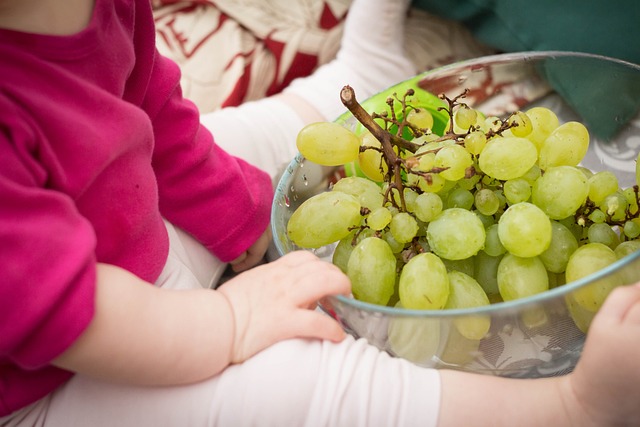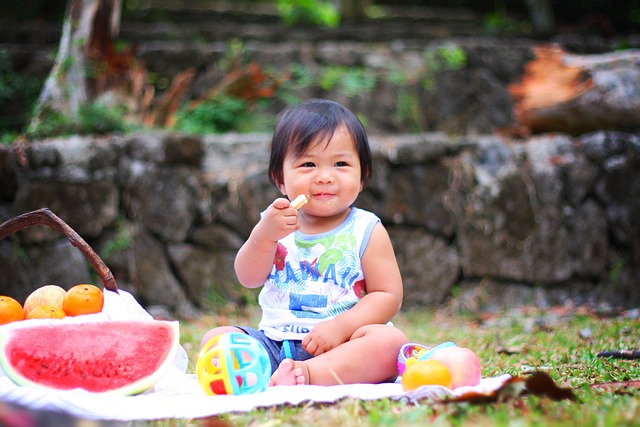For his growth and well-being, your junior needs a balanced and diversified diet. Be careful, it is not a question of “depriving” him but of teaching him to eat well at each meal to prevent him from snacking outside. A valuable asset in view of the college years which are approaching and from which you will largely lose control of your diet!
The keys to a balanced meal
A balanced meal provides:
– a starter (raw vegetables or soup without starch)
– a dish with a source of protein (fish, meat, ham, poultry, or egg) and starch at noon, a green vegetable in the evening (or vice versa)
– a cheese or yogurt (your choice)
– a fruit
Even the snack must be balanced: replace pastries and industrial biscuits (too rich in fats and sugars) with wholemeal bread and a few squares of chocolate or a spoonful of jam.
Limit high-calorie drinks: you can reserve them for exceptional occasions (birthdays, parties, snacks with friends, etc.).
Finally, remind your child that apart from the 4 meals of the day, he has no reason to eat!
Meals, a moment of pleasure
A meal is an opportunity to get together as a family, around a table, taking the time to share and discuss. It is also an opportunity to discover new foods and new flavors, to take pleasure in eating…, especially if during the week your child has lunch daily in the canteen.
Vary the dishes and menus
- Offer him moments of relaxation to cook together or “discover” new flavors! Many websites offer original recipe ideas that are easy to cook with children.
- Do not force your child at all costs to finish a dish he hates. Most of the time, confrontation does not help and you risk a reaction of rejection. Over time, your child will get used to a more varied diet.
- Does he regularly ask you for a fast-food menu? In addition to its poor nutritional quality, this type of meal introduces poor consumption habits by offering a meal that can be consumed at any time of the day. Without prohibiting it, you can make this menu an exceptional “pleasure”!



Leave a Reply
You must be logged in to post a comment.